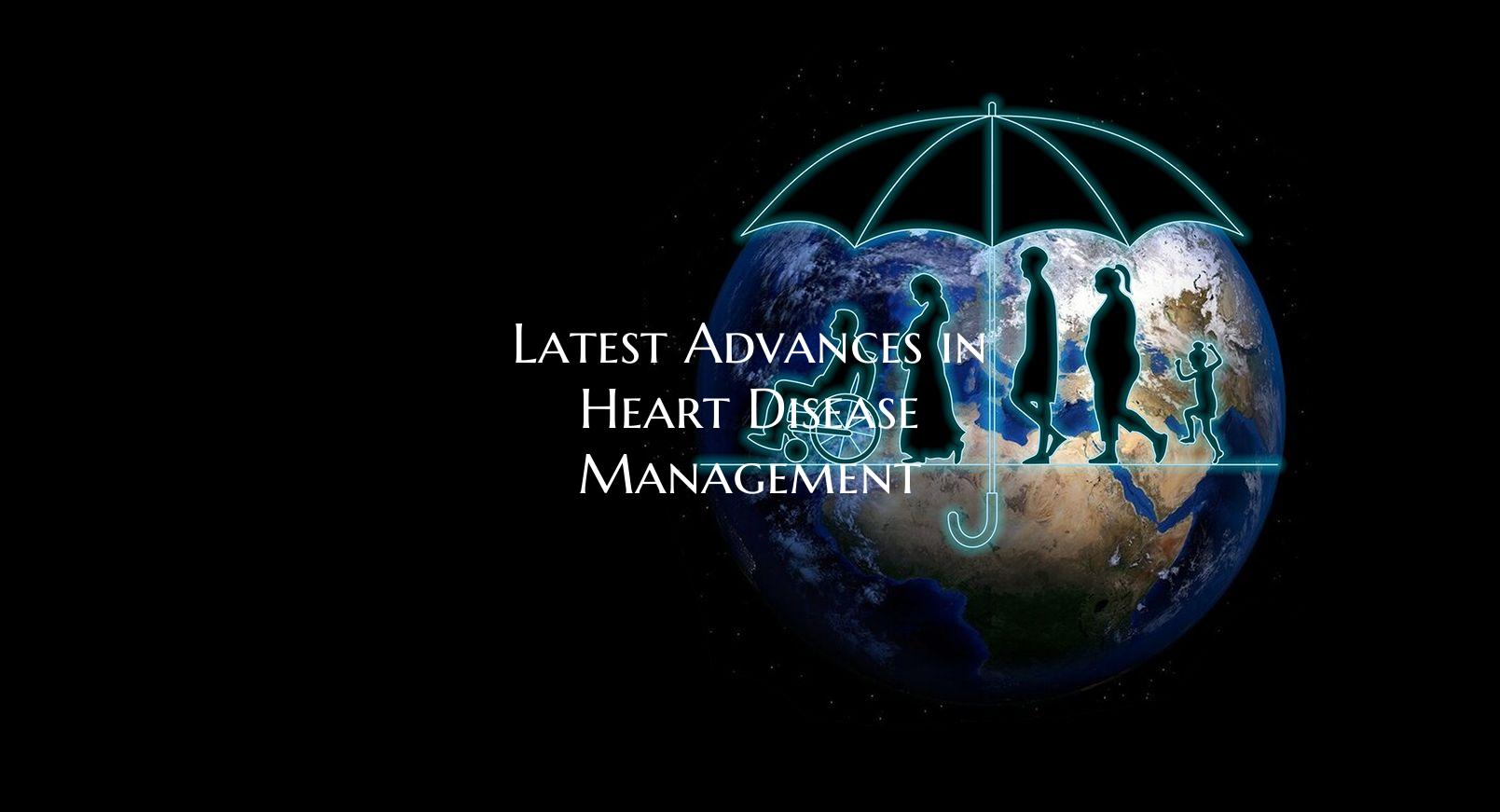
Latest Advances in Heart Disease Management
In recent years, remarkable breakthroughs have transformed the landscape of heart disease management, offering new hope to millions of patients worldwide. From innovative treatment approaches to advanced technologies, these latest developments hold great promise in improving outcomes and enhancing the quality of life for individuals affected by various heart conditions.
1. Precision Medicine: Personalized medicine is revolutionizing the field of cardiology by tailoring treatment strategies to individual patients' specific genetic makeup, lifestyle factors, and unique risk profiles. By analyzing genetic markers and biomarkers, healthcare providers can now customize therapies to target the underlying causes of heart disease more effectively.
2. Minimally Invasive Procedures: The shift towards minimally invasive procedures has significantly reduced the risks associated with traditional open-heart surgeries. Techniques such as transcatheter aortic valve replacement (TAVR) and percutaneous coronary intervention (PCI) allow for targeted interventions with smaller incisions, shorter recovery times, and improved overall outcomes.
3. Artificial Intelligence (AI) in Cardiac Care: AI-driven technologies are increasingly being integrated into cardiovascular care to enhance diagnostics, predict risk factors, and optimize treatment plans. Machine learning algorithms can analyze complex datasets, such as imaging studies and patient histories, to provide clinicians with valuable insights for more informed decision-making.
4. Remote Monitoring and Telemedicine: The advent of remote monitoring devices and telemedicine platforms has empowered patients to actively participate in their care while enabling healthcare providers to track critical health parameters in real-time. Continuous remote monitoring of vital signs, ECGs, and activity levels allows for early detection of potential cardiac issues and timely intervention.
5. Gene Therapy and Stem Cell Therapy: Emerging therapies that focus on genetic modifications and stem cell regenerative approaches hold great potential for repairing damaged heart tissues and restoring cardiac function. These cutting-edge treatments aim to address the root causes of heart disease at a molecular level, offering new avenues for long-term management and prevention.
6. Robotic Surgery: Robotic-assisted surgeries are revolutionizing the precision and efficiency of complex cardiac procedures, enabling surgeons to perform intricate operations with unparalleled accuracy and control. By incorporating robotics technology, cardiac surgeons can navigate challenging anatomical structures more effectively, leading to better surgical outcomes and faster recovery times.
The ongoing advancements in heart disease management are reshaping the future of cardiology, ushering in a new era of personalized, innovative, and patient-centered care. By leveraging these state-of-the-art technologies and treatment modalities, healthcare professionals are better equipped than ever to address the diverse needs of individuals with heart conditions and pave the way for improved cardiovascular health outcomes.